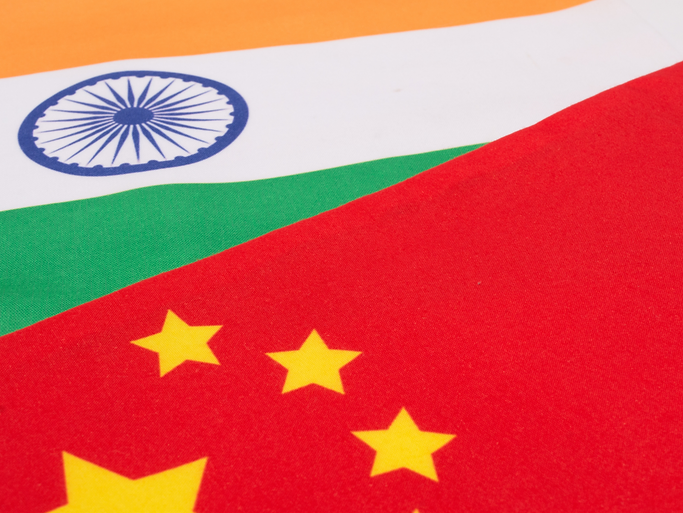We explore the Indian economy's trajectory comprising of 3 orbits - crony capitalism, production and infrastructure.
Written in January 2010, we describe the three phases that the Indian economy has moved through.
The Indian economy has moved on a trajectory comprising of 3 orbits. The first orbit of growth was till the year 1991 and was dominated by crony capitalism. This was the era of the “license raj” when a few, well-connected industrialists and businessmen became rich. They curried favors in the Annual Budget and the focus of their creative enterprise was “fixing” the government. In return for specific tax breaks for their businesses, they probably paid bribes in sacks of soiled notes.
After 1991, the opening up of the Indian economy forced many businessmen to stop focusing on the handouts in the Annual Budget as their day of reckoning. Instead, the old-age business tycoons had to create products fit for consumption by a growing and more demanding middle class. This middle class was itself created by the demand for highly skilled workers (needed to serve the growing domestic economy and support the exports of products like software and jewellery). Lower prices from efficient production and economies of scale and a more rational income tax system added to the buying power of the middle class. A few old-India business barons successfully made the transition to survive in the new-India of the second orbit, while others faded into landed gentry.
This larger middle class now acts as a solid base for the existing 6.5% growth. But a final burst of energy to break into the third orbit will be on the back of a coherent government policy on infrastructure - this will lead to a generational shift in the economic landscape, free from the shackles of the past and beyond recognition.
India is not China
And though we celebrate the great Indian journey, the comparisons to China remain. But the origins of the economic orbits in India and China are so different that such an exercise is merely a note-the-fact look at statistics
There is nothing state-planned about India's growth. It is led by the actions of thousands of “invisible hands”. Nor is it solely determined by the actions of the bribes and “under-hand” deals that dominated India until 1991. But corruption is still the big issue. Politicians don't take the one-time cash deal anymore. They have grown in sophistication to be partners and equity owners in businesses that they help “clear”. Much of it linked to real estate.
The real long term risk to India remains the challenge of creating jobs for 27,700 people every day for the next 3,650 days. Intuitively, we know that a massive build-out of India will lead to huge job creation. Unfortunately, we have not seen any white paper on how the government plans to create these 100 million jobs to take advantage of the demographic dividend of India's growing youth. We have no milestones to mark the journey.















